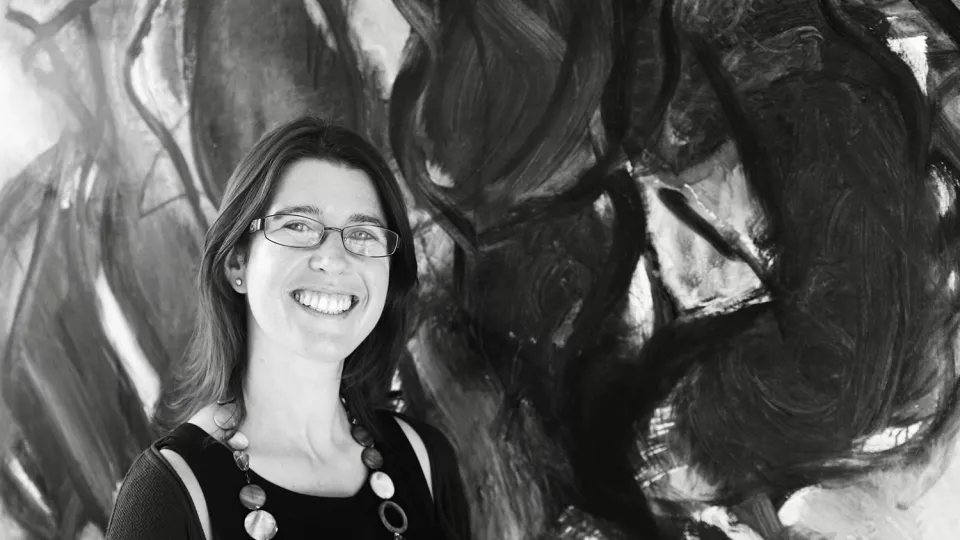Caterina Doglioni, assistant senior lecturer in particle physics, is receiving around 2 million euro to build up a research team over five years to look for new particles that could offer clues about the mysterious dark matter that constitutes 85 percent of matter in the universe. These efforts will be undertaken using the ATLAS detector of the Large Hadron Collider (LHC) at the CERN research facility.
“This feels fantastic. For five years I will have the opportunity to build up a really sharp team that will do its utmost to come closer to the mystery of dark matter via data collection”, explains Doglioni.
The aim of the research project, which is now being awarded the ERC Consolidator Grant, is to obtain a deeper understanding of what makes up the dark matter, but another goal is to try and produce entirely new particles at the LHC that could prove to be a bridge between known matter and dark matter. This complex work will involve collecting and analysing the enormous amounts of data produced by the LHC. Using a new technology that is now being developed by Doglioni’s team, they can now start analysing these huge amounts of data within a year.
“Obviously I hope to find new particles linked to dark matter, but even if it doesn’t turn out that way I believe it will give us new clues as to where we should direct our spotlight to catch sight of these elusive particles in the future”, adds Doglioni.
Text: Johan Joelsson
Archive image: Lena Björk Blixt
